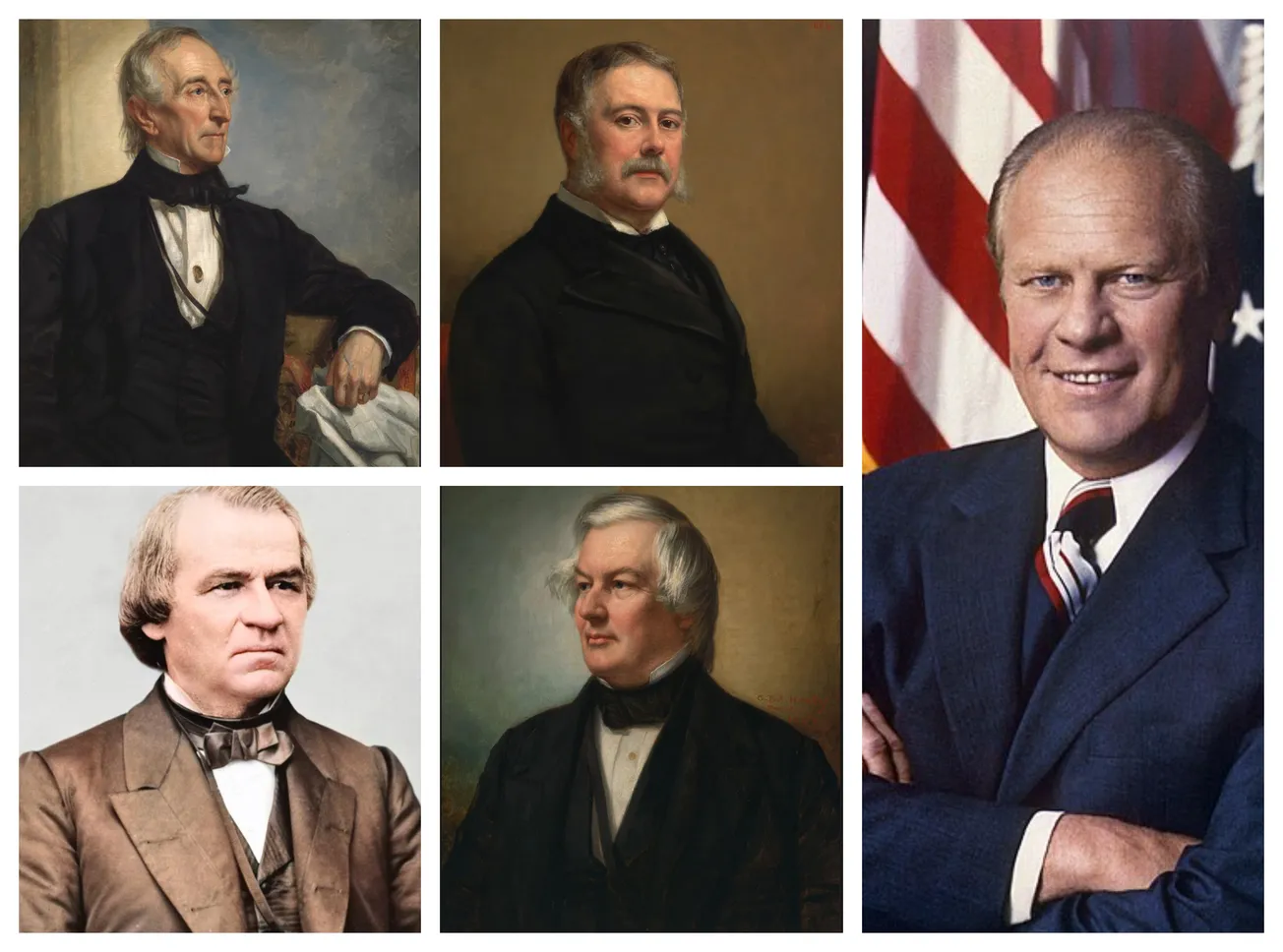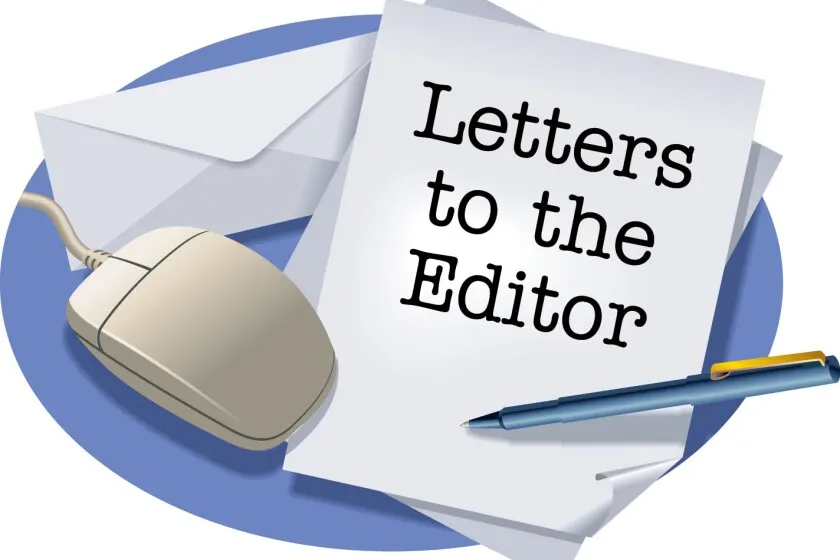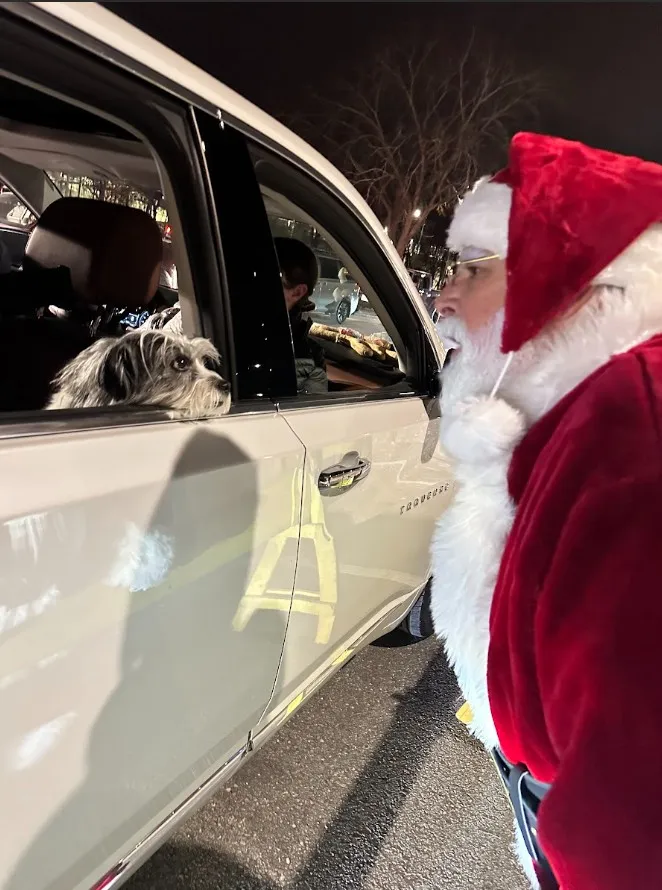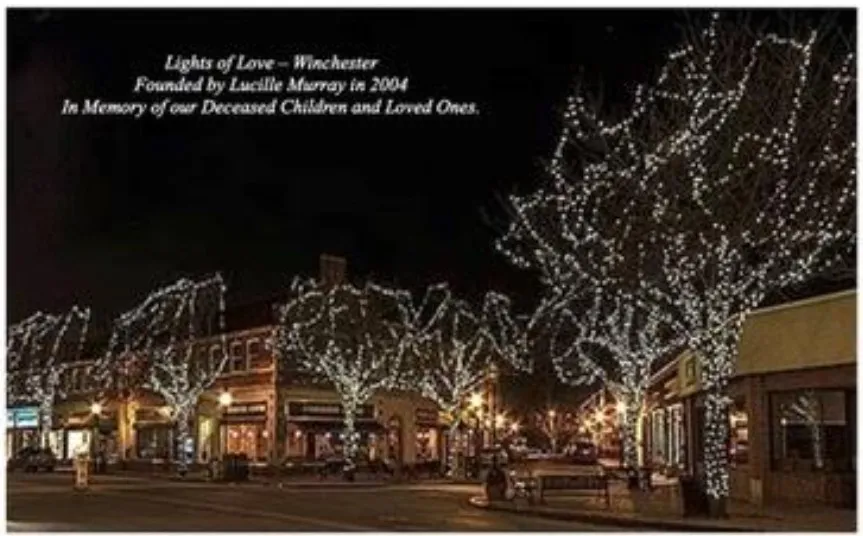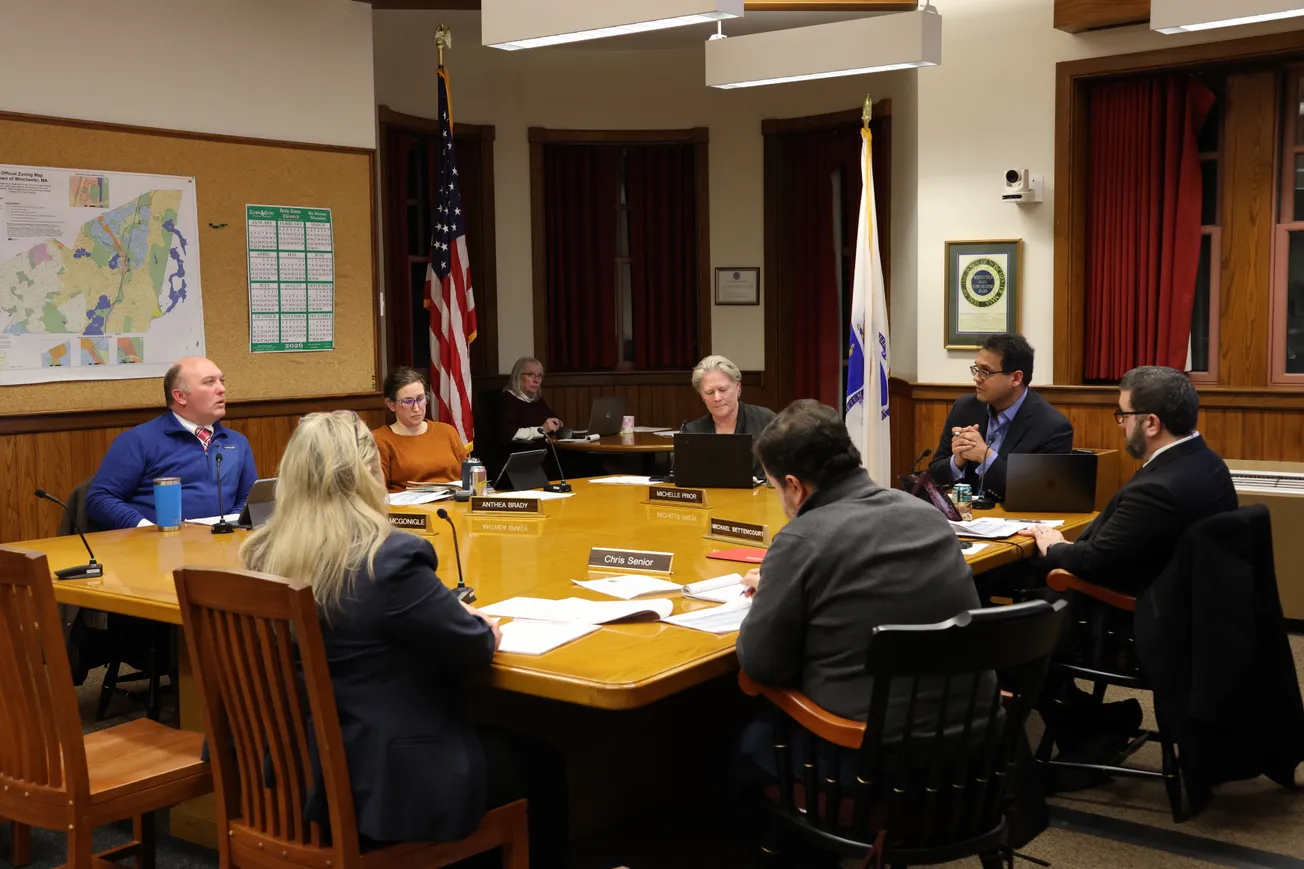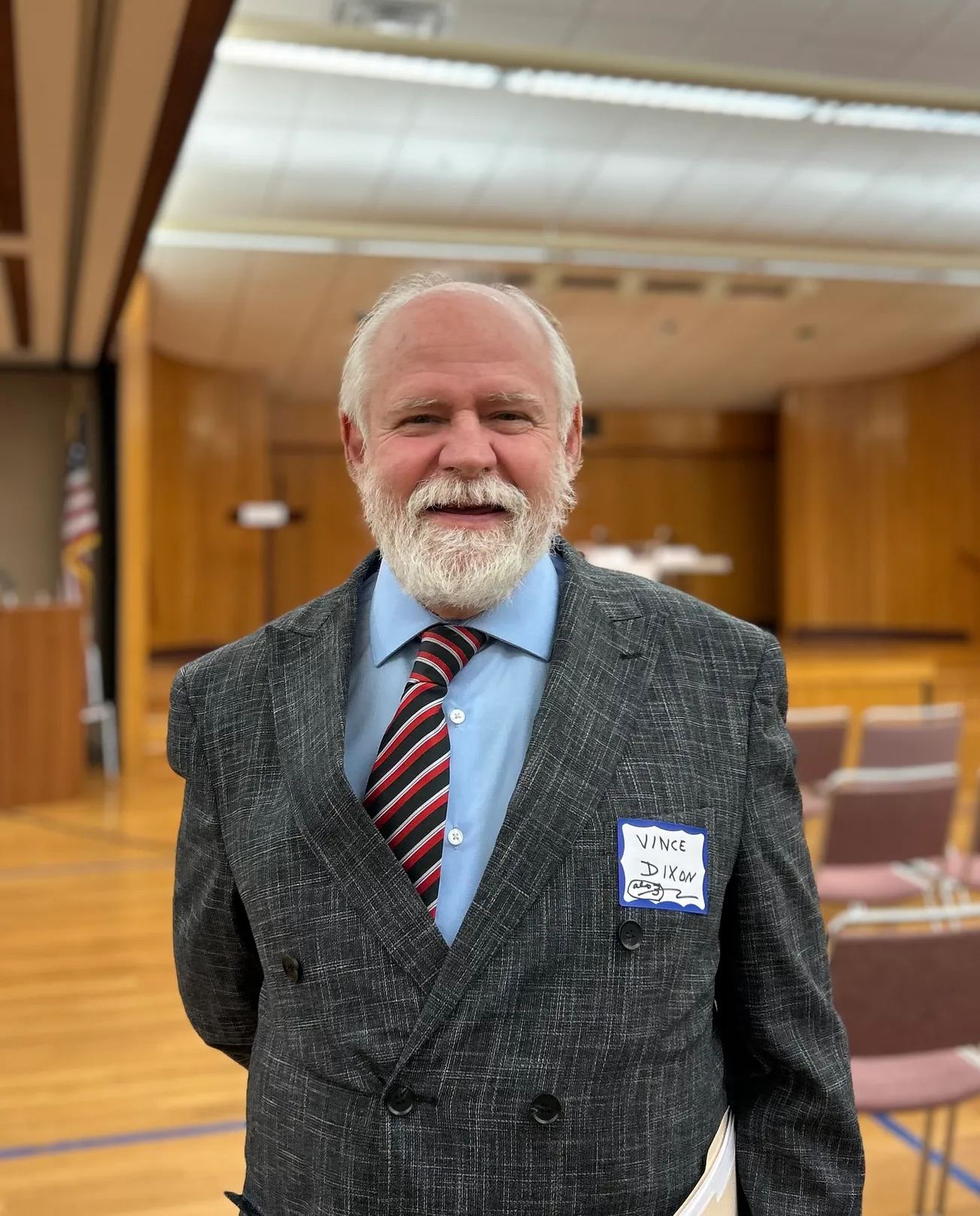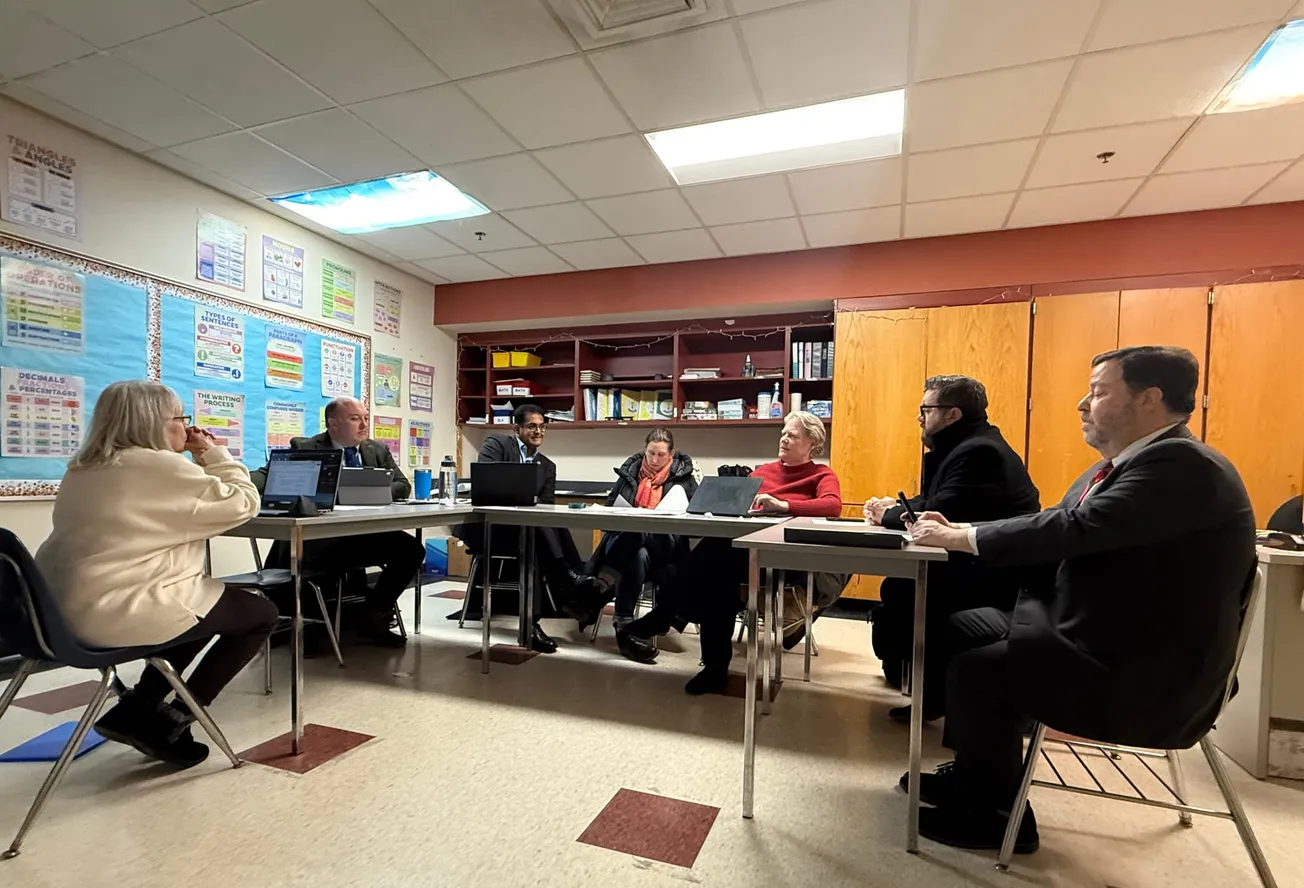Table of Contents
As Donald Trump is sworn in for a second time, spare a thought for the five U.S. presidents denied an inaugural address.
On Jan. 20, Donald Trump will be sworn in as the 47th U.S. president and thus become only the second commander-in-chief to serve non-consecutive terms, joining Grover Cleveland, also New York-raised and the first Democratic nominee elected after the Civil War.
Who knows what the world will hear.
Over the years, however, the words of some incoming presidents have sparkled sufficiently to become a benchmark for such speeches today.
For instance, Abraham Lincoln’s incredibly brief 700-word Second Inaugural Address – delivered on March 4, 1865, with the surrender of the insurgent Confederacy only weeks away – famously concluded in part: “With malice toward none, with charity for all…let us strive on to finish the work we are in, to bind up the nation's wounds…”
And of course, aided by television and his Hollywood good looks, John F. Kennedy employed perhaps the occasion’s most memorable phrasing in his January 1961 Inaugural Address.
Against a backdrop of deep snow and sunshine, with his words billowing out in the frosty 20 degree air, Kennedy proclaimed: “And so, my fellow Americans: ask not what your country can do for you – ask what you can do for your country.”
As I discovered on a recent visit to Washington D.C., however, not every U.S. president has enjoyed this ceremonial perk.
I unearthed this glittering historical nugget in the White House gift shop. While investigating a two-volume set containing the Inaugural Addresses of America’s various chief executives, I came across a page listing the five presidents who never got the chance to deliver any introductory remarks. (I took a photo of the names, determined to quiz friends and family on the subject when I returned home – whether they were amenable or not.)
So who are these supreme office holders snubbed by historical circumstance?
Well, it’s best to begin by considering the straightforward conditions whereby a U.S. president might be denied the privilege of an inaugural address, namely, the succession to office of a vice-president upon the death or incapacity of the sitting president and a subsequent failure to acquire the top job by popular decree in the next election.
It might also be helpful to consider the historical oddity that every president elected at 20-year intervals from 1840 to 1960 died in office. (Franklin Delano Roosevelt did indeed die in 1945, but he was elected in 1940 – as well as in 1932, 1936, and 1944. Ronald Reagan broke the string of fallen statesmen – he was elected to his first term in 1980 – although he was the target of an unsuccessful assassination attempt in 1981.)
This narrows down the field considerably. Two names are obvious – at least to those with a better than superficial grasp of U.S. history – as the men in question assumed the presidency following a seismic event. (In political terms anyway.)
When Abraham Lincoln was assassinated in April 1865, shortly after making his timeless speech, Andrew Johnson took charge of a shattered republic.
Approaching the election of 1868, however, he failed even to receive his party’s nomination, losing out to New York governor Horatio Seymour, who was beaten in the general election by Civil War supremo Ulysses S. Grant.
So no inaugural address for Johnson.
Likewise, in August 1974, one-time House Minority Leader Gerald Ford assumed the presidency upon the still singular resignation of Richard Nixon. (Curiously, Ford had been appointed vice president by Nixon following the resignation of his original running mate Spiro Agnew in October 1973 due to a tax evasion scandal.)
Ford received the Republican nomination for president in 1976, but lost in the general election to Democratic candidate Jimmy Carter.
So no high-minded speechifying for Ford either.
The remaining three presidents who never got to deliver an inaugural address are best known for their relative obscurity – if that makes any sense. Unfortunate enough to govern owing to the death of the country’s preferred presidential choice, as well as during an overlooked period of U.S. history, the names of these men are guaranteed to elude even the most fervent trivia fan.
In fact, if I didn’t have the names recorded on my phone, I’d struggle to list them. (Spoiler: They are John Tyler, Millard Fillmore, and Chester A. Arthur.)
Goes to show that history can be unkind, especially to three unsung U.S. presidents who never got a traditional welcome into the job.
Medford native (and Winchester wannabe) Steve Coronella has lived in Ireland since 1992. He is the author of “Designing Dev,” a comic novel about an Irish-American lad from Boston who's recruited to run for the Irish presidency. His latest publication is the column collection “Entering Medford – And Other Destinations.”

